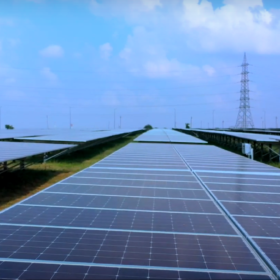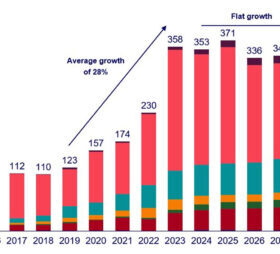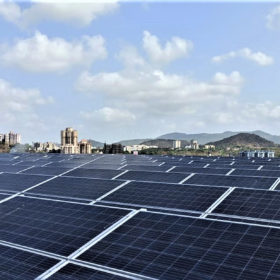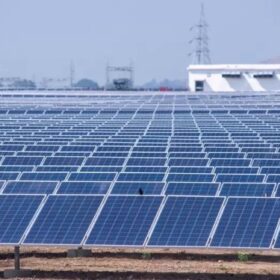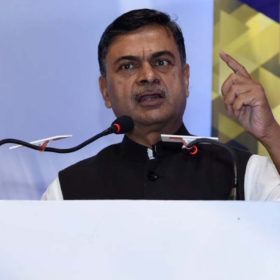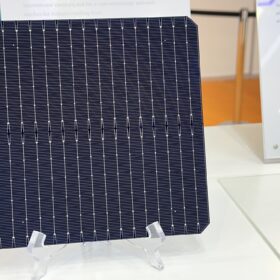India surpasses 75 GW of installed solar capacity
India’s cumulative solar PV installations hit 75.58 GW at the end of February, according to the latest figures from the Ministry of New and Renewable Energy (MNRE).
The next 100 years of energy
Solar is poised to be the leading energy source in the next century. In terms of cost, renewables are almost at par with their dirtier counterparts, and within a few years will soon overtake them in terms of the volume of the overall worldwide energy produced.
After-sale support key to boosting off-grid solar
A new survey from US-based impact measurement company 60 Decibels shows off-grid energy customers are currently facing a series of challenges such as product affordability, gender inequality, customer support, further investment in minigrids, and over-indebtedness. The report, however, reveals that most users say the quality of their lives “very much improved” thanks to off-grid PV.
India has installed more than 180 GW of renewable energy capacity as of Dec. 31
India has installed 180,796.35 MW of renewable energy capacity as of Dec. 31, 2023, including 73,318.49 MW (around 41%) from solar power projects.
WoodMac predicts strong yet flat global PV growth through to 2032
Wood Mackenzie says the solar industry has reached a new stage in its evolution and is predicting around 350 GW of global solar installations annually for the next eight years. The research firm is also forecasting challenges for the solar manufacturing sector and long-awaited benefits from the Inflation Reduction Act in the United States.
Solar energy’s vital role in climate change mitigation
With solar taking a more significant portion of the energy and power mix, climate change can be significantly mitigated. Coal, for instance, is one of the dirtiest fuels, but makes up 70% of India’s power generation.
Ayodhya set to become UP’s first solar city
The temple town of Ayodhya’s 40 MW solar plant will become fully operational by March 2024. In rooftop PV, a total capacity of 1,073 kW has been established on residential, commercial, and industrial buildings in the city. Solar-powered boats, water kiosks, and streetlights showcase Ayodhya’s dedication to harnessing solar energy across diverse sectors.
Govt announces INR 515-crore solar power scheme for electrification of tribal areas
The Scheme targets the electrification of 100,000 un-electrified households in tribal areas by providing off-grid solar solutions free of cost. The solutions will be installed in areas where electricity supply through the grid is not techno-economically feasible.
Major trends in the Indian solar PV sector
The Indian solar PV sector is experiencing transformative trends, driven by a combination of technological advancements, government support, and a growing awareness of the need for sustainable energy sources. The rapid expansion of solar capacity, coupled with innovations such as floating solar farms and green hydrogen production, paints a promising picture for the future of renewable energy in India.
“Energy security of the nation can’t be achieved with renewables alone”: Power minister
RK Singh, union minister for power and new & renewable energy, stated recently that the dependence on coal-based generation is likely to continue till cost-effective energy storage solutions are available.



